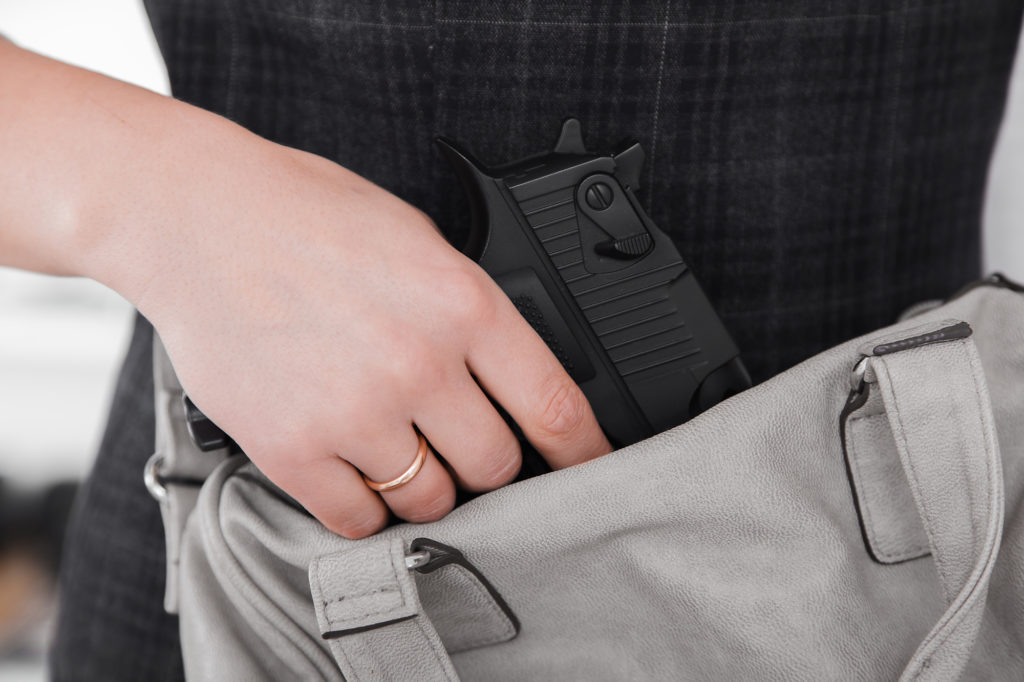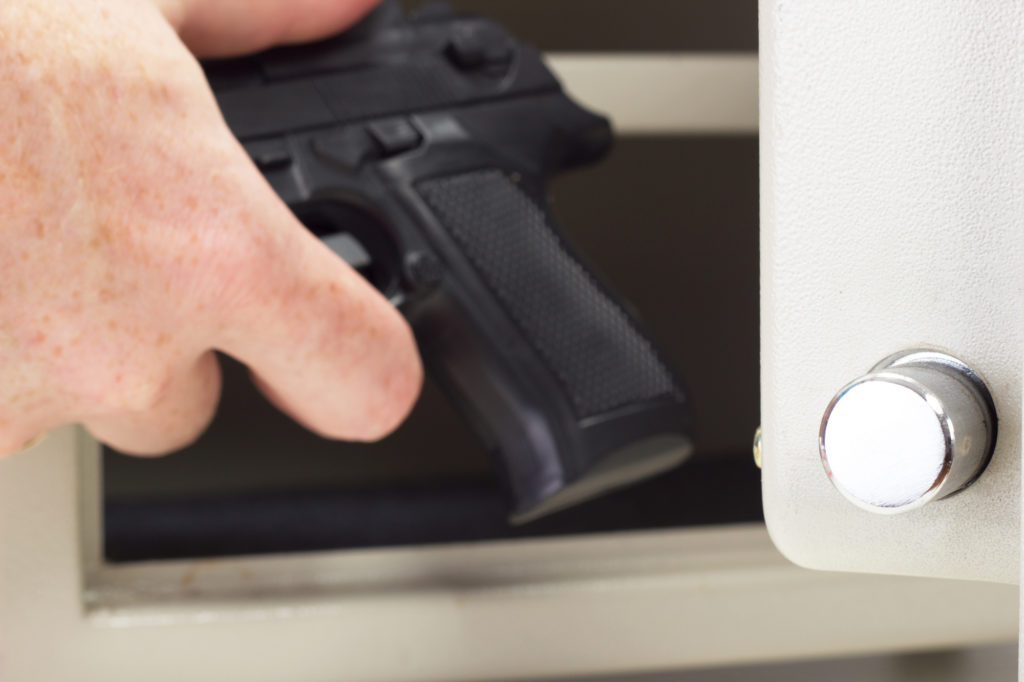It is commonly known that in order to obtain a Utah Concealed Firearm Permit there is no requirement to demonstrate shooting proficiency. I can appreciate the reasoning behind this seemingly very relaxed requirement imposed by the Utah Legislature. The Constitution specifically protects the right to bear arms which includes the right to defend oneself from attack.

However, even for the many states that do require applicants to demonstrate some shooting proficiency, that level of proficiency is still extremely light – generally on the order of grouping some shots on a 9” paper plate at 7 yards. These shooting proficiency tests would be administered on a static, square range, with good lighting, and in a controlled environment that does not, at all, approximate the stress and confusion of a critical, life-threatening incident. Very basic stuff, indeed.
One of the main themes that emerge as I teach my Utah CFP courses is that it will be in the student’s best interest to seek additional training. Just because Utah does not explicitly mandate firing a certain number shots with an arbitrary standard of accuracy should not be construed as meaning that after sitting through a Utah CFP course, students are prepared to defend their life or the lives of others using a firearm. I make it a point in my teaching to emphasize, several times throughout the course, that each student should find a good trainer, and then regularly practice what they learn.
So then, what next for the beginner CFP student? How shall they design their own, personalized training pipeline? The first thing to recognize is that not all trainers are the same. Many trainers attempt to sell their services based on former military or law enforcement experience, success as a competitive shooter, or just “years of hunting experience”. However, though they may be skilled shooters (or maybe not!), that does not translate into being good teachers – especially good teachers of firearms safety. I am not alone in this belief: I recently referenced an excellent article on the Beehive Defense Facebook page that discusses this very topic: Firearms Training or Trends?
https://www.facebook.com/beehivedefense
So what should a student look for in a potential trainer or course? Many factors could be weighed, but I suggest looking for:
- National certification, such as from the NRA. Being certified by a national organization usually means using a nationally recognized curriculum. A trainer who does not adhere to such a curriculum might just be making it up, and who knows what omissions or misinformation might be included? In addition, being certified usually means some attention has been paid to quality teaching skills based on sound education theory. Finally, there are safety standards that are expected of a certified trainer that protect all participants of a shooting course.
- Track Record and course frequency. Has this instructor been teaching courses for months or years? Does this instructor teach regularly, or just one or two courses per year? Does this instructor have a track record of satisfied students? Of conducting safe courses?
- Commitment. One of the most telling clues about whether you are choosing a good instructor is whether he or she is willing to continue to coach you, and support your goals, even after class has ended. A quality instructor will genuinely care about the success of the student, and not merely taking your tuition to the bank.
Whatever trainer or shooting course you choose, I sincerely hope that you will have an enjoyable experience and that you will be able to regularly hone the skills you learned in order to be ready if a life-threatening situation should occur.

